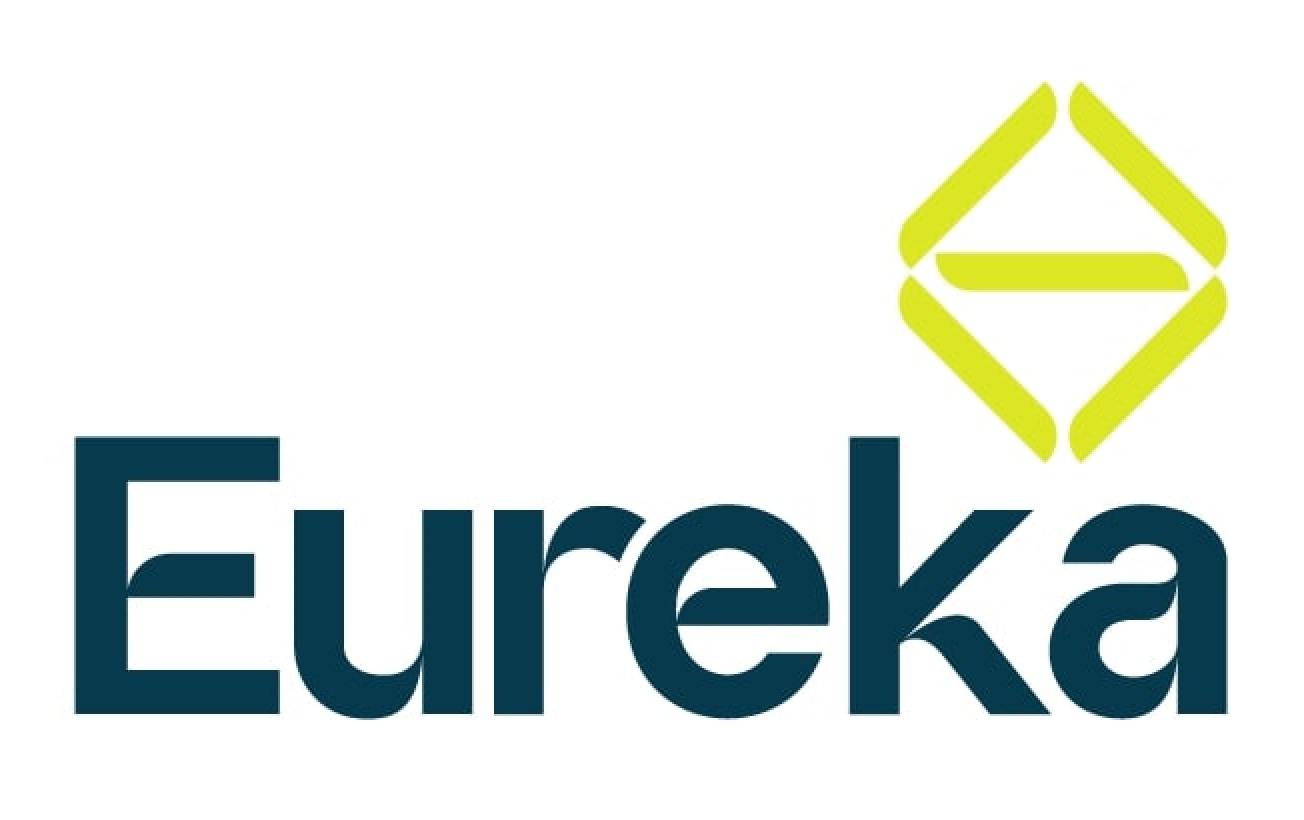Overcoming impostor syndrome: embrace your achievements
Do you ever find yourself doubting your accomplishments, fearing that you might be exposed as a fraud despite your successes? You're not alone. This is a common phenomenon known as ‘impostor syndrome’, and it affects many individuals, from students to seasoned professionals.
Understanding impostor syndrome
Impostor syndrome is a psychological pattern characterized by persistent self-doubt and the belief that one's achievements are merely the result of luck or deception. Even in the face of undeniable accomplishments, individuals with impostor syndrome feel like they're fooling everyone around them.
The impact on your life
Impostor syndrome can have a profound impact on both your career and personal life:
- Career: It often leads people to avoid new opportunities, promotions, or challenges, limiting their professional growth. They may feel they don't deserve recognition and, as a result, miss out on fulfilling careers.
- Personal life: This constant internal struggle can result in high levels of stress, anxiety, and low self-esteem. The fear of being "found out" can erode self-confidence, making it difficult to enjoy personal successes.
Famous figures who've felt the same
Even some of the most accomplished individuals have experienced impostor syndrome:
- Meryl Streep: Despite her numerous awards and accolades, the acclaimed actress has openly shared her moments of feeling like an impostor, questioning her acting abilities.
- Tom Hanks: Another iconic actor, Tom Hanks, has admitted to grappling with impostor syndrome, occasionally feeling like he's "fooled everyone."
Confronting impostor syndrome
Recognizing and addressing impostor syndrome is crucial. Here are some strategies to help you overcome it:
- Acknowledge it: Understand that impostor syndrome is a common issue, and your feelings are not unique.
- Talk about it: Openly discuss these feelings with friends, family, or professionals to normalize the experience and seek support.
- Celebrate achievements: Document and reflect on your successes to build self-confidence and remind yourself of your abilities.
- Seek professional help: Consider consulting a psychologist or counsellor for strategies to manage impostor syndrome.
- Practice self-affirmation: Regularly remind yourself of your worth and value through positive self-talk.
By addressing impostor syndrome, you can gradually regain your self-confidence, embrace your accomplishments, and live a more fulfilling and balanced life, both personally and professionally.
Share our insights
Recent insights




